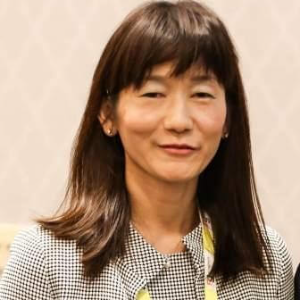Title : Nurse’s meal assistance embodied knowledge which allows a Dysphagia patient to eat orally
Abstract:
For humans, eating orally is not just for maintaining life, but it’s also a joy of life. In Japan, dysphagia disorder is on the rise due to an aging population, cerebrovascular disease, etc. While there are those who are reviewing the importance of being able to eat orally, on the other hand I cannot deny the tendency to be negative about oral ingestion due to the risk of pulmonary aspiration, and for emphasizing safety. As dysphagia disorder has many varied symptoms, caregivers, family members, and even nurses are providing meal assistance with no confidence in themselves. Therefore, my research has focused on the nurses’embodied knowledge for physical assistance in regards to meal assistance for dysphagia patients. There are 5 categories in regards to the embodied knowledge for assisted physical interactions with dysphagia patients. This was understood though the visual image of the inside of the mouth, for which nurses could use the sense of touch as a clue, but should not be able to see inside of objectively. Also, through physical interaction the dysphagia patient’s intent could be aligned, allowing for them to eat. The nurse was able to get the patient, whose physical movements had been weakened due to palsy, to be able to eat independently, and could experience the joy the dysphagia patient felt in being able to eat on their own.
Audience Take Away:
• It is important for a nurse with expertise to administer the meal assistance for dysphagia patients.
• It is essential that embodied knowledge cultivated from personal experience should not be used only by the individual, but rather shared among nurses for the further development of skills.
• It is important to refine the nurses’ physical sensation. In particular for the meal assistance for dysphagia patients, the feel from the nurses’ hand serves as a clue, and is a key tool for communication.
• From communication through physical interaction, nurses can feel for themselves how oral ingestion can serve to compliment the bodies of dysphagia patients, and it is important to recognize the link to an increase in appetite.



